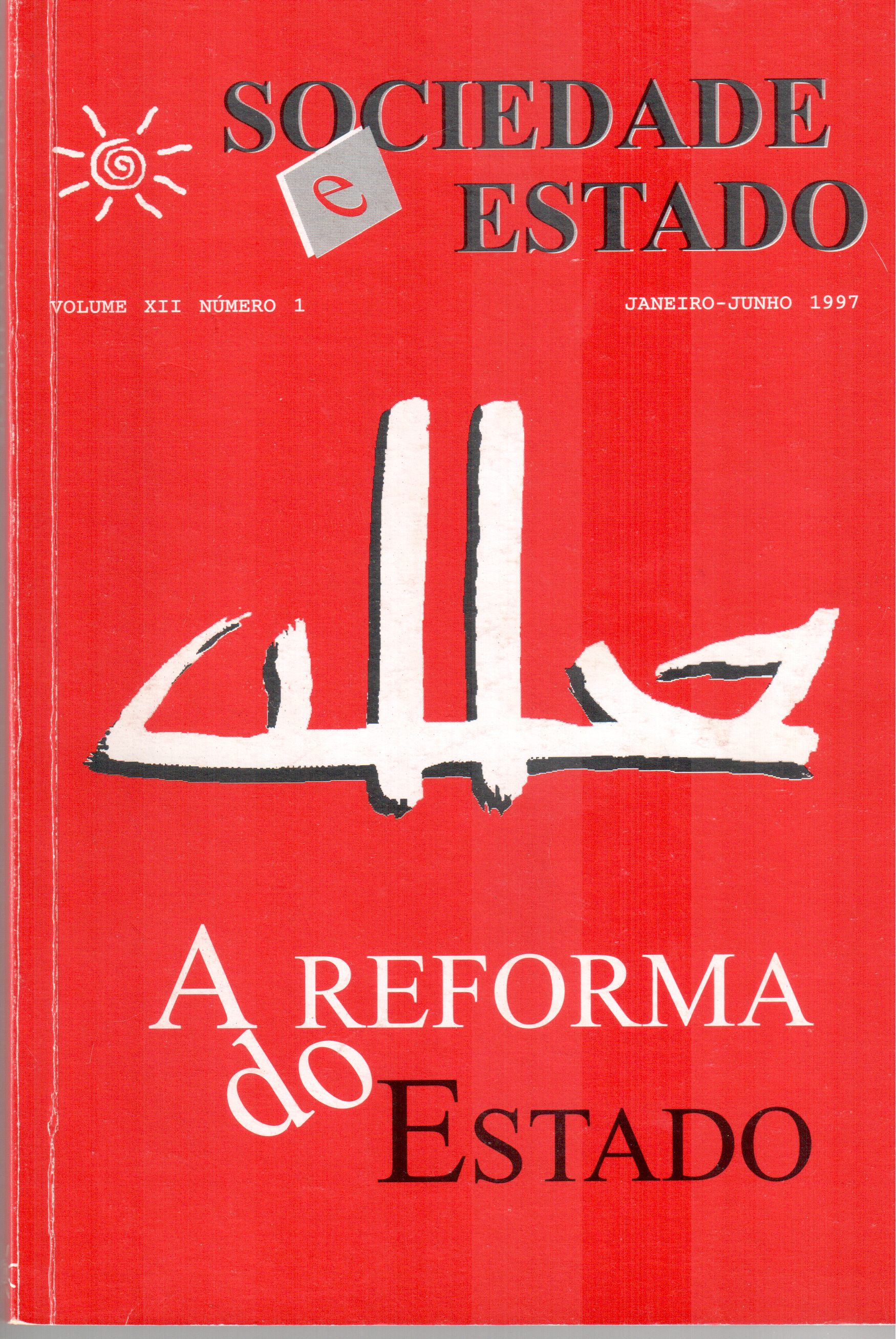Rawls: Time and Strategy
Keywords:
.Abstract
This article explores and interprets Rawls’ A Theory of Justice, emphasizing the connections between the model of moral agent and the “principle of difference ”, responsible for the maximization of the poor’s expectations and the basis of the notion of “justice as equity”. Following Rawls, the author opposes collective strategic rationality to individualistic rationality and points out the need for an understanding of social institutions as cooperative entreprises, in a long term view. The article concludes numbering the restrictions to the application of the “principle of difference ”.
Downloads
References
Barry, Brian (1973) The Liberal Theory of Justice. Oxford University Press.
Elster, Jon (1992) “Auto-realização no trabalho e na política: a concepção marxista da boa vida” in Lua Nova, n.25.
Harsanyi, John (1982) “Can the maximin rule serve as a basis for morality?” in A. Sen e B. Williams (eds.) Utilitarianism and Beyond. Cambridge University Press.
Keynes, John Maynard - Teoria geral do emprego, do juro e da moeda. Coleção Os Economistas. São Paulo: Ed. Abril.
Rawls, John (1971) A Theory of Justice. Cambridge: Harvard University Press.
Rawls, John (1989) Justice as Fairness - a briefer restatement. Cambridge: Harvard University Press.
Downloads
Published
How to Cite
Issue
Section
License
Copyright (c) 2022 Revista Sociedade e Estado

This work is licensed under a Creative Commons Attribution-NonCommercial 4.0 International License.











